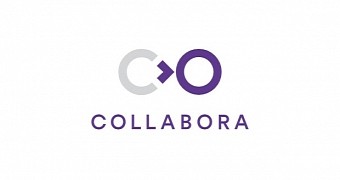Linux kernel developer Gustavo Padovan working for Collabora reports on the latest contributions he and ten other developers have made to the recently released Linux 4.9 kernel, which appears to be the biggest kernel release ever.
Collabora's developers are known to contribute a lot of great work to various open-source projects, including Linux kernel, Mesa 3D Graphics Library, GStreamer, or Collabora Online, and for the Linux 4.9 kernel they pushed no less than 37 patches contributed by a total of eleven devs, which is another important milestone for them and their project.
"This time we contributed 37 patches by 11 different developers, our highest number of single contributors in a kernel release ever," said Gustavo Padovan. "Remember that in the previous release we had our highest number total contributions. The numbers show how Collabora have been increasing its commitment to contributing to the upstream kernel community."
Here's what Collabora's developers have contributed to Linux kernel 4.9
If you're curious to know what patches the Collabora developers have contributed to the massive Linux 4.9 kernel release, we can tell you that most of their contributions were made to both the DRM and DMABUF subsystems, starting with bug fixes to the AMDGPU and Intel i915 drivers, and the addition of the missing install of sync_file.h uapi.
Explicit fencing was implemented to the DRM subsystem, the virtio_gpu driver got some fixes as well, Sync File testing was improved thanks to the de-staging of the SW_SYNC validation framework, drm_bridge support was added to imx-ldb and RockChip’s analogic-dp devices, along with firmware upload support to the ziirave watchdog device.
Thanks to Collabora's contributions, it also looks like the validation of the DRM subsystem is now fully documented, DMA support was improved and it's now enabled for i.MX53 UARTs, and the VME driver development was advanced with the implementation of a fake VMEbus (Versa Module Europa bus). Some errors were patched for cdc-wdm USB devices, as were some SCO connections on the Bluetooth subsystems.

 14 DAY TRIAL //
14 DAY TRIAL //